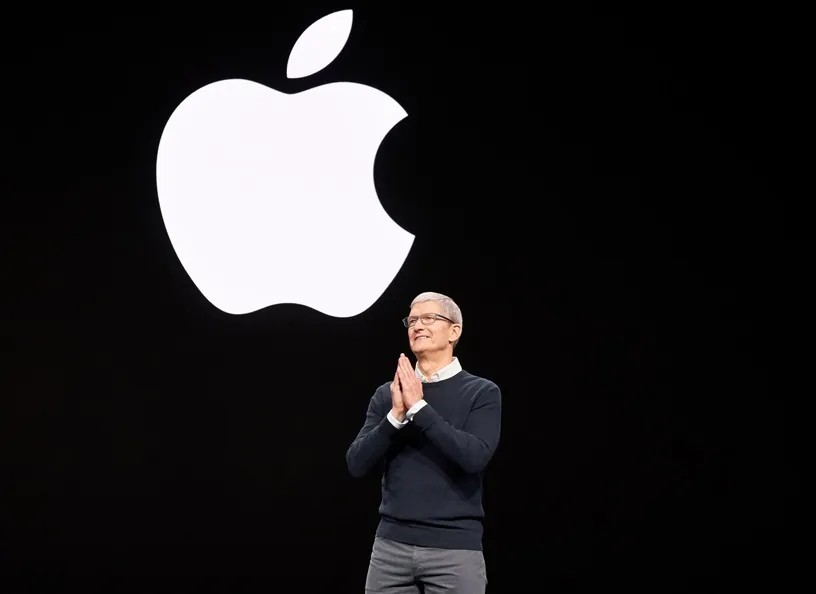Apple Cancels AR Glasses
Apple has officially canceled the development of its highly anticipated augmented reality (AR) glasses, a decision that has sent ripples through the tech community. The announcement, reported by renowned Apple insider Mark Gurman, highlights the challenges Apple faced in bringing this innovative product to market. Initially envisioned as a consumer-friendly alternative to the Vision Pro headset, the AR glasses aimed to integrate seamlessly with Mac computers but ultimately fell victim to technical and logistical hurdles.
The Vision for AR Glasses
Apple's AR glasses were designed to resemble regular eyewear while incorporating advanced technology to display information, images, and videos directly in the user's field of view. The glasses were expected to feature innovative capabilities, such as lenses that could adjust their tint based on user activity, akin to a status indicator in messaging apps. This product was intended to democratize access to augmented reality experiences, making them more accessible than the premium-priced Vision Pro, which has struggled with sales since its launch.However, the project faced significant obstacles from the outset. Apple initially planned for the glasses to connect with iPhones; however, this approach was abandoned due to concerns over processing power and rapid battery drain. Subsequently, Apple shifted its focus to pairing the glasses with Macs for enhanced performance. Unfortunately, this solution did not yield satisfactory results either, as internal reviews revealed that the product did not meet executive expectations and continued design changes hindered progress.Technical Challenges and Market Implications
The cancellation of Apple's AR glasses project underscores the complexities involved in developing wearable technology that balances performance, usability, and cost. Engineers determined that achieving the necessary processing power within a lightweight frame proved too challenging. The prototypes reportedly suffered from issues related to heat generation and weight distribution when incorporating a battery.With Apple stepping back from the AR glasses market, competitors like Meta now have an opportunity to expand their foothold. Meta's Ray-Ban smart glasses have already sold over one million units and are set to release an AR version by 2027—coincidentally the same year Apple had initially planned for its own glasses debut. This shift in market dynamics could provide Meta with a significant advantage as they continue to innovate in the space.Future Prospects for Apple's AR Initiatives
Despite this setback, Apple remains committed to exploring augmented reality technologies. The company continues to develop new iterations of the Vision Pro headset and is investing in underlying technologies that could eventually support a future AR glasses project. While current efforts may have been shelved, there is potential for Apple to revisit this concept when technological advancements allow for a more feasible implementation.As Apple navigates these challenges, industry observers are left wondering what direction the company will take next in the realm of augmented reality. With competitors gaining momentum and consumer interest in AR products growing, Apple's absence from this segment may create both challenges and opportunities for future innovation.
In conclusion, while the cancellation of Apple's AR glasses marks a significant pivot in its strategy, it also highlights the ongoing complexities of developing cutting-edge technology that meets consumer expectations. As the landscape evolves, it will be intriguing to see how Apple adapts its approach and whether it can reclaim its position as a leader in augmented reality innovation.

